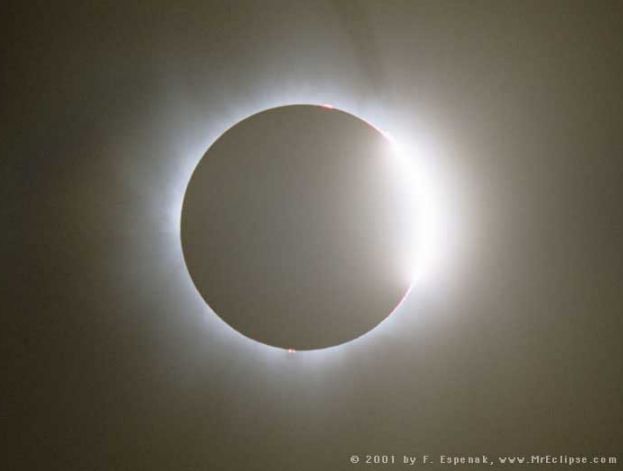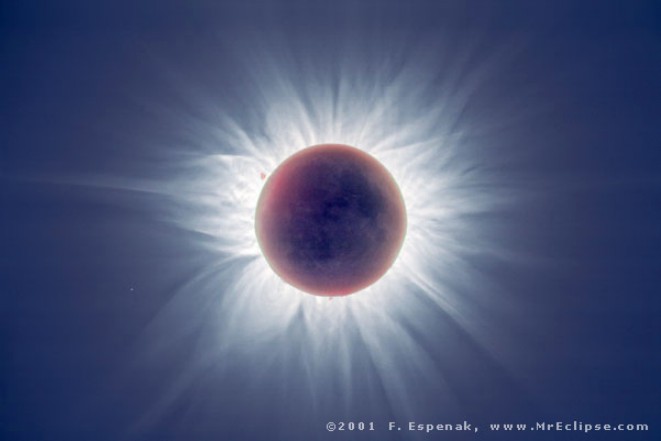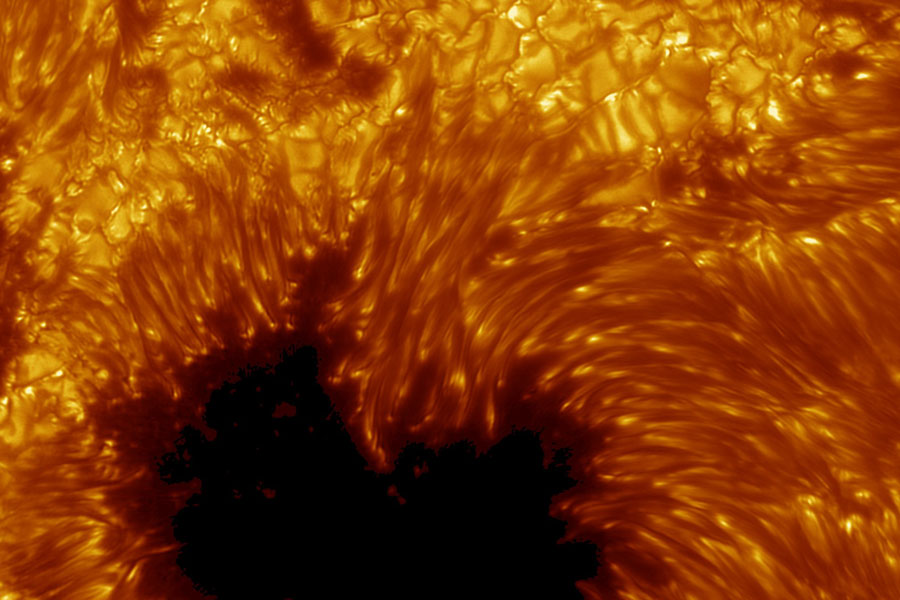Because I could not stop for Death,
He kindly stopped for me;
The carriage held but just ourselves
And Immortality.
We slowly drove, he knew no haste,
And I had put away
My labour, and my leisure too,
For his civility.
We passed the school, where children strove
At recess, in the ring;
We passed the fields of gazing grain,
We passed the setting sun.
Or rather, he passed us;
The dews grew quivering and chill,
For only gossamer my gown,
My tippet only tulle.
We paused before a house that seemed
A swelling of the ground;
The roof was scarcely visible,
The cornice but a mound.
Since then 'tis centuries, and yet each
Feels shorter than the day
I first surmised the horses' heads
Were toward eternity.
Wednesday 23 July 2008
For the Union Dead by Robert Lowell

Relinquunt Ommia Servare Rem Publicam
The old South Boston Aquarium stands
in a Sahara of snow now. Its broken windows are boarded.
The bronze weathervane cod has lost half its scales.
The airy tanks are dry.
The old South Boston Aquarium stands
in a Sahara of snow now. Its broken windows are boarded.
The bronze weathervane cod has lost half its scales.
The airy tanks are dry.
Once my nose crawled like a snail on the glass;
my hand tingled to burst the bubbles
drifting from the noses of the crowded, compliant fish.
My hand draws back. I often sigh still
for the dark downward and vegetating kingdom
of the fish and reptile. One morning last March,
I pressed against the new barbed and galvanized
fence on the Boston Common. Behind their cage,
yellow dinosaur steamshovels were grunting
as they cropped up tons of mush and grass
to gouge their underworld garage.
Parking spaces luxuriate like civic
sandpiles in the heart of Boston.
a girdle of orange, Puritan-pumpkin colored girders
braces the tingling Statehouse,
shaking over the excavations, as it faces Colonel Shaw
and his bell-cheeked Negro infantry
on St. Gaudens' shaking Civil War relief,
propped by a plank splint against the garage's earthquake.
Two months after marching through Boston,
half of the regiment was dead;
at the dedication,
William James could almost hear the bronze Negroes breathe.
Their monument sticks like a fishbone
in the city's throat.
Its Colonel is a lean
as a compass-needle.
He has an angry wrenlike vigilance,
a greyhound's gentle tautness;
he seems to wince at pleasure,
and suffocate for privacy.
He is out of bounds now. He rejoices in man's lovely,
peculiar power to choose life and die-
when he leads his black soldiers to death,
he cannot bend his back.
On a thousand small town New England greens
the old white churches hold their air
of sparse, sincere rebellion; frayed flags
quilt the graveyards of the Grand Army of the Republic
The stone statutes of the abstract Union Soldier
grow slimmer and younger each year-
wasp-waisted, they doze over muskets
and muse through their sideburns…
Shaw's father wanted no monument
except the ditch,
where his son's body was thrown
and lost with his "niggers."
The ditch is nearer.
There are no statutes for the last war here;
on Boylston Street, a commercial photograph
shows Hiroshima boiling
over a Mosler Safe, the "Rock of Ages"
that survived the blast. Space is nearer.
when I crouch to my television set,
the drained faces of Negro school-children rise like balloons.
Colonel Shaw
is riding on his bubble,
he waits
for the blessed break.
The Aquarium is gone. Everywhere,
giant finned cars nose forward like fish;
a savage servility
slides by on grease.
Tuesday 8 July 2008
The Day Lady Died by Frank O'Hara
It is 12:20 in New York a Friday
three days after Bastille day, yes
it is 1959 and I go get a shoeshine
because I will get off the 4:19 in Easthampton
at 7:15 and then go straight to dinner
and I don't know the people who will feed me
I walk up the muggy street beginning to sun
and have a hamburger and a malted and buy
an ugly NEW WORLD WRITING to see what the poets
in Ghana are doing these days
I go on to the bank
and Miss Stillwagon (first name Linda I once heard)
doesn't even look up my balance for once in her life
and in the GOLDEN GRIFFIN I get a little Verlaine
for Patsy with drawings by Bonnard although I do
think of Hesiod, trans. Richmond Lattimore or
Brendan Behan's new play or Le Balcon or Les Nègres
of Genet, but I don't, I stick with Verlaine
after practically going to sleep with quandariness
and for Mike I just stroll into the PARK LANE
Liquor Store and ask for a bottle of Strega and
then I go back where I came from to 6th Avenue
and the tobacconist in the Ziegfeld Theatre and
casually ask for a carton of Gauloises and a carton
of Picayunes, and a NEW YORK POST with her face on it
and I am sweating a lot by now and thinking of
leaning on the john door in the 5 SPOT
while she whispered a song along the keyboard
to Mal Waldron and everyone and I stopped breathing.
three days after Bastille day, yes
it is 1959 and I go get a shoeshine
because I will get off the 4:19 in Easthampton
at 7:15 and then go straight to dinner
and I don't know the people who will feed me
I walk up the muggy street beginning to sun
and have a hamburger and a malted and buy
an ugly NEW WORLD WRITING to see what the poets
in Ghana are doing these days
I go on to the bank
and Miss Stillwagon (first name Linda I once heard)
doesn't even look up my balance for once in her life
and in the GOLDEN GRIFFIN I get a little Verlaine
for Patsy with drawings by Bonnard although I do
think of Hesiod, trans. Richmond Lattimore or
Brendan Behan's new play or Le Balcon or Les Nègres
of Genet, but I don't, I stick with Verlaine
after practically going to sleep with quandariness
and for Mike I just stroll into the PARK LANE
Liquor Store and ask for a bottle of Strega and
then I go back where I came from to 6th Avenue
and the tobacconist in the Ziegfeld Theatre and
casually ask for a carton of Gauloises and a carton
of Picayunes, and a NEW YORK POST with her face on it
and I am sweating a lot by now and thinking of
leaning on the john door in the 5 SPOT
while she whispered a song along the keyboard
to Mal Waldron and everyone and I stopped breathing.
Wednesday 2 July 2008
On The Move by Thom Gunn
'Man, You Gotta Go.'
The blue jay scuffling in the bushes follows
Some hidden purpose, and the gush of birds
That spurts across the field, the wheeling swallows,
Have nested in the trees and undergrowth.
Seeking their instinct, or their pose, or both,
One moves with an uncertain violence
Under the dust thrown by a baffled sense
Or the dull thunder of approximate words.
On motorcycles, up the road, they come:
Small, black, as flies hanging in heat, the Boy,
Until the distance throws them forth, their hum
Bulges to thunder held by calf and thigh.
In goggles, donned impersonality,
In gleaming jackets trophied with the dust,
They strap in doubt--by hiding it, robust--
And almost hear a meaning in their noise.
Exact conclusion of their hardiness
Has no shape yet, but from known whereabouts
They ride, directions where the tires press.
They scare a flight of birds across the field:
Much that is natural, to the will must yield.
Men manufacture both machine and soul,
And use what they imperfectly control
To dare a future from the taken routes.
It is part solution, after all.
One is not necessarily discord
On Earth; or damned because, half animal,
One lacks direct instinct, because one wakes
Afloat on movement that divides and breaks.
One joins the movement in a valueless world,
Crossing it, till, both hurler and the hurled,
One moves as well, always toward, toward.
A minute holds them, who have come to go:
The self-denied, astride the created will.
They burst away; the towns they travel through
Are home for neither birds nor holiness,
For birds and saints complete their purposes.
At worse, one is in motion; and at best,
Reaching no absolute, in which to rest,
One is always nearer by not keeping still.
The blue jay scuffling in the bushes follows
Some hidden purpose, and the gush of birds
That spurts across the field, the wheeling swallows,
Have nested in the trees and undergrowth.
Seeking their instinct, or their pose, or both,
One moves with an uncertain violence
Under the dust thrown by a baffled sense
Or the dull thunder of approximate words.
On motorcycles, up the road, they come:
Small, black, as flies hanging in heat, the Boy,
Until the distance throws them forth, their hum
Bulges to thunder held by calf and thigh.
In goggles, donned impersonality,
In gleaming jackets trophied with the dust,
They strap in doubt--by hiding it, robust--
And almost hear a meaning in their noise.
Exact conclusion of their hardiness
Has no shape yet, but from known whereabouts
They ride, directions where the tires press.
They scare a flight of birds across the field:
Much that is natural, to the will must yield.
Men manufacture both machine and soul,
And use what they imperfectly control
To dare a future from the taken routes.
It is part solution, after all.
One is not necessarily discord
On Earth; or damned because, half animal,
One lacks direct instinct, because one wakes
Afloat on movement that divides and breaks.
One joins the movement in a valueless world,
Crossing it, till, both hurler and the hurled,
One moves as well, always toward, toward.
A minute holds them, who have come to go:
The self-denied, astride the created will.
They burst away; the towns they travel through
Are home for neither birds nor holiness,
For birds and saints complete their purposes.
At worse, one is in motion; and at best,
Reaching no absolute, in which to rest,
One is always nearer by not keeping still.
Subscribe to:
Posts (Atom)




